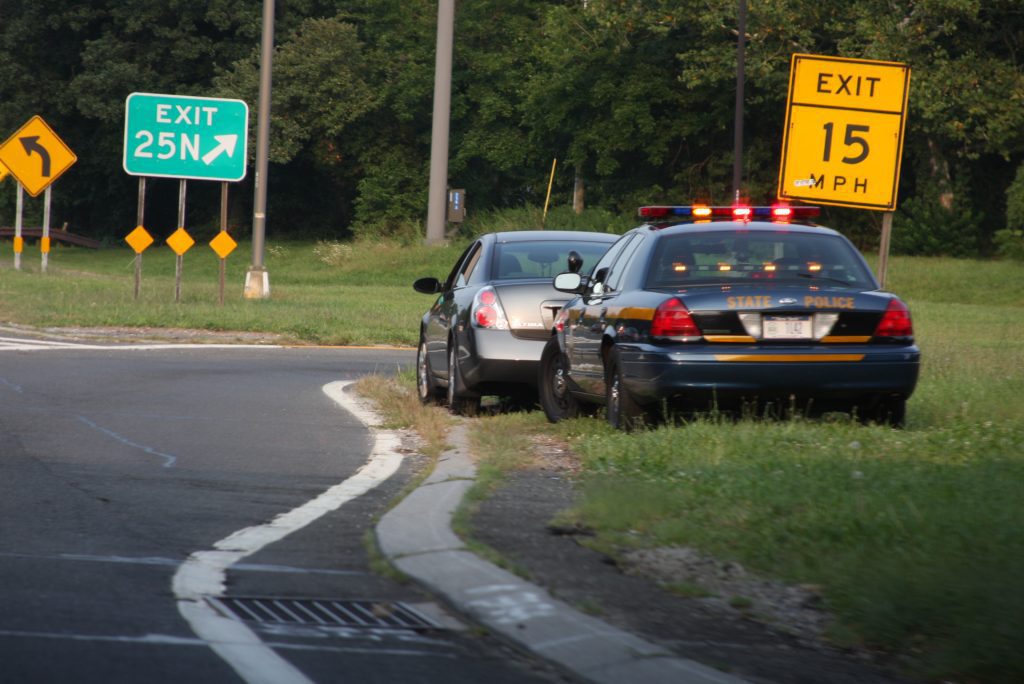The Fourth Amendment protects people from unreasonable searches and seizures by police. States also have laws covering the scope of law enforcement searches and seizures. The search-and-seizure provisions of the Fourth Amendment protect a person’s reasonable expectations of privacy.
Everyone should know when a police search of your person, meaning your body, is reasonable versus when it is unreasonable. This is because police encounters can be stressful, especially when you don’t know your rights. Understanding your rights and what law enforcement can require is important.
When are police allowed to search a person?
To search a person legally, law enforcement generally must have legitimate suspicions. The level of suspicion necessary depends on the specific situation. For example, during a police encounter, an officer may suspect a person has weapons, illegal drugs or other evidence of a crime. Each situation comes with its own specific rules.
When can police search someone for a weapon?
Sometimes called a “Terry Pat Down” or “Terry Search,” police can pat down someone when they have reasonable suspicion that the person has a weapon. The U.S. Supreme Court decision in a case called Terry v Ohio authorized this type of pat-down or stop-and-frisk search.

When can police search someone for evidence of a crime?
Law enforcement can also search a person if they have probable cause to believe the person has evidence of a crime (such as drugs or property). Additionally, in many cases, there must also be “exigent circumstances” for a search. This means that police need an emergency situation, before they can start a search for evidence.
First, probable cause means there is proof to lead a reasonable person to believe that evidence of a crime exists. This is the requirement police and prosecutors face for search and arrest warrants. Usually, if officers can get a search warrant, they will get one before they start a search.
Second, exigent circumstances means there is reason to believe that police must act immediately. Put differently, you need a situation where, unless the police act in the moment to search for and seize the evidence, it is likely to be destroyed. The threat of destruction or loss of evidence renders it impractical to obtain a search warrant. One example of an exigent circumstance may be where a suspect is trying to run away from police and they are in hot pursuit.
When can police search someone during an arrest?
During a lawful arrest, police can search the body of a person and clothing. This is mainly to ensure the safety of everyone involved and secure the area. But this search can’t go beyond the purpose of safety except for in limited circumstances.
When can police search you when you’re on probation or parole?
A probation officer who has reasonable suspicion to believe there is evidence of criminal conduct can search someone on parole or probation. When you’re on probation or parole, your expectation of privacy is not the same as it usually is.

When can police search you with your consent?
The circumstances under which a person may consent or agree to a search and what constitutes valid consent varies by state. In general, courts should not allow evidence of a search against a person unless they knowingly and intelligently provide law enforcement consent to search.
What this looks like in reality, though, may depend on what state you are in. In some states, courts are usually looking for situations where you specifically tell the police that you agree to a search. In most, however, it’s your word against the officer’s.
But, if police have a warrant, they don’t need your consent. In such a case, failure to comply can result in charges for obstructing the police. That said, there is nothing wrong with asking the police to produce the warrant when they approach to search a person and claim to have a warrant.
The Takeaway:
Generally, police cannot arrest citizens simply for refusing to consent to a search on the spot. Lack of consent should be stated as firmly and clearly as the circumstances allow. And, while lack of consent does not always stop the police from searching, it can protect your rights in a court case.






